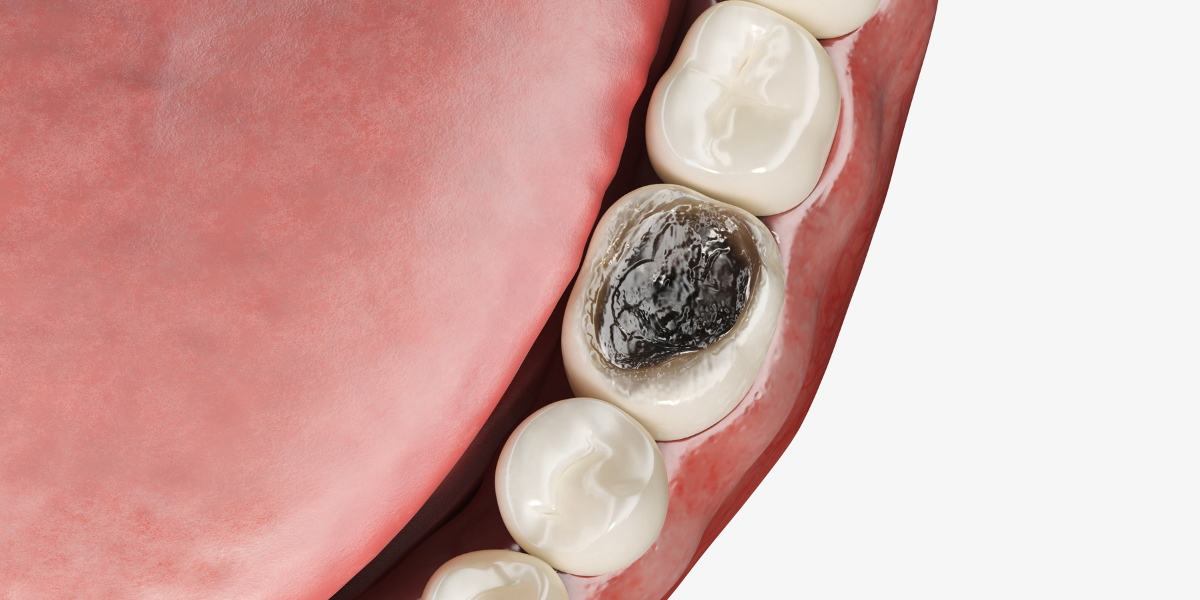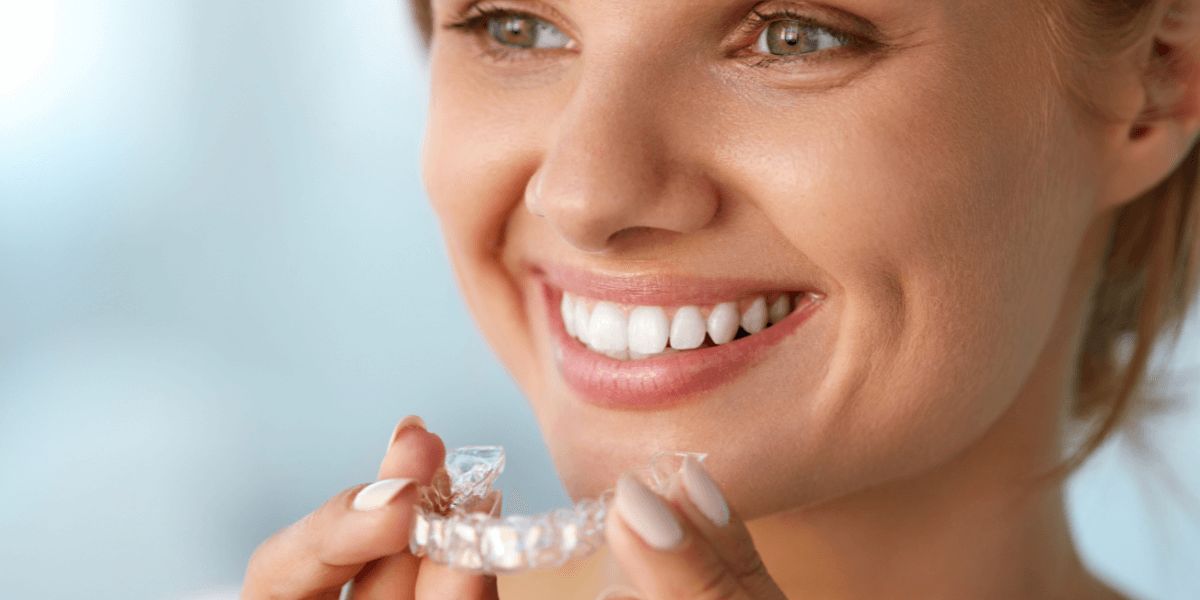
Tooth remineralization occurs with the flow of saliva
Saliva is critical for preserving and maintaining the health of all oral tissues through tooth remineralization. When food particles are left in the mouth, bacterial cells form. Saliva constantly circulates in the mouth removing any debris present and enabling the colonization of existing bacteria. As the bacteria are washed away, proteins, vitamins, and minerals found within saliva are absorbed into the tooth surface.
Saliva has the ability to buffer (neutralize) and clean acids produced by bacteria, preventing enamel demineralization. If bacteria are produced at a faster rate than the saliva removal, colonization of bacteria begins, lessens the buffering effect, and within an acidic environment, demineralization begins.
Saliva helps control the body’s water balance. If Water is lacking, the salivary glands become dehydrated, leaving the mouth dry. When the mouth is dry for prolonged periods of time, the teeth are left unprotected. With compromised saliva, no remineralization of tooth structure occurs, and acid erosion begins.
Tooth remineralization of a carious lesion on tooth structure is possible only before cavitation occurs. This process is made possible by the availability of calcium and phosphate ions found in saliva. The concentration of salivary calcium varies with saliva flow and is not Directly affected by dietary habits. The presence of fluoride in saliva is essential for the stability of tooth minerals, resistance of demineralization and reduction in acid production within plaque.








